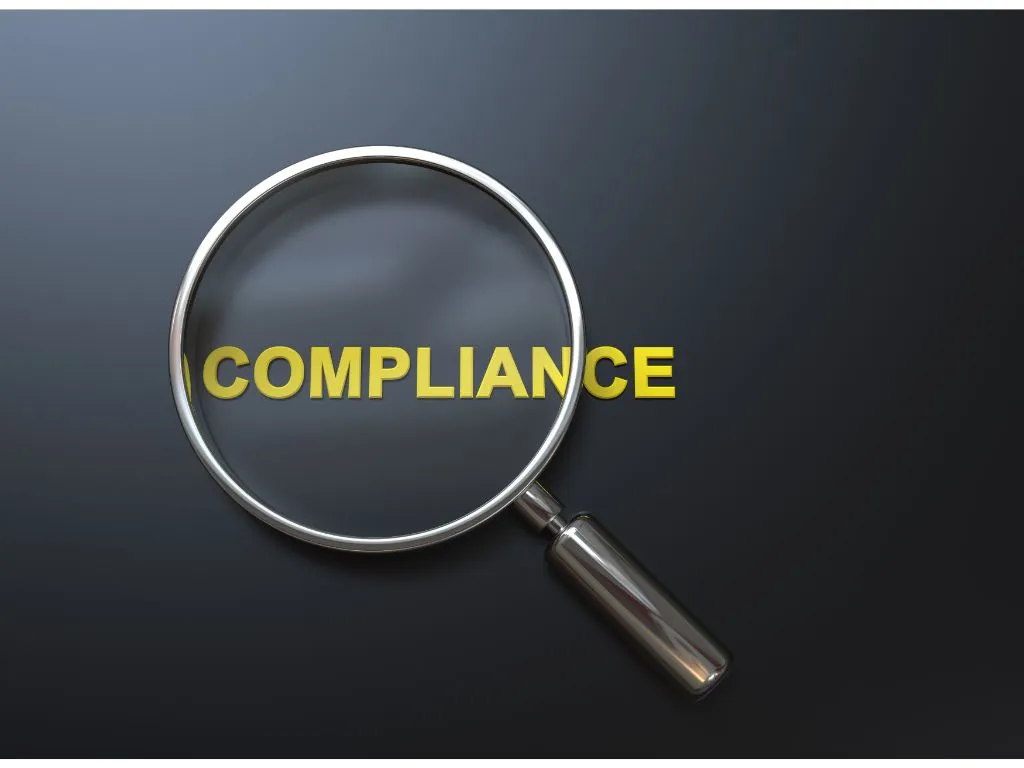- Home
- GPC Australia
Australia - Home
Login
Forget Password
The legal framework for the regulation of the introduction (importation and manufacture) of industrial chemicals in Australia is the Industrial Chemicals Act 2019 (IC Act). It came into force on 12 March 2019 and establishes the Australian Industrial Chemicals Introduction Scheme (AICIS) and its Executive Director. The IC Act is supported by the Industrial Chemicals (General) Rules and the Industrial Chemicals Categorisation Guidelines, which set out technical and operational details of the AICIS and the requirements introducers need to meet to categorise their chemicals if they are not already listed on the AIIC. The IC Act regulates the importation and manufacture of industrial chemicals in Australia.
GPC has a legal entity in Australia and can help non-Australian companies to meet their compliance requirements as an Australian agent.
News

Australia Launches Consultation on Proposed IChEMS Standards for 10 Groups of Industrial Chemicals
Nov-27-2025
On 5 November 2025, the Department of Climate Change, Energy, the Environment and Water (DCCEEW) launched a public consultation on proposed environmental management standards for ten groups of industrial chemicals under the Industrial Chemicals Environmental Management Standard (IChEMS). The draft decisions set out proposed schedule assignments, which determine the level of environmental control that would apply. The consultation is open until 8 December 2025. The chemical groups included in this consultation are proposed for listing in Schedules 3, 4, and 5 of IChEMS.
Chemical Groups Included in the Consultation
The proposal covers the following groups of industrial chemicals:
- Dibutylphthalate, di(2-ethylhexyl)phthalate and diisooctylphthalate
- Short-chain alkyl- and aryl-phthalates
- Lead(2+) salts of long-chain carboxylic acids
- Lead(2+) salts of medium-chain carboxylic acids
- Parabens
- Ethoxylated alcohols (Group A)
- Ethoxylated alcohols (Group B)
- Medium and long-chain alkyl sulfonates
- 1,3-Propanediamine, N-[3-(C11–14-isoalkyloxy)propyl] derivatives, C13-rich, acetates (Lilaflot 817M)
- Carbonodithioic acid, O-(2-methylbutyl) ester, sodium salt (1:1) and carbonodithioic acid, O-(3-methylbutyl) ester, sodium salt (1:1)
The two groups of ethoxylated alcohols are evaluated separately due to differences in their hazard profiles under the AICIS assessment.
- Ethoxylated alcohols (Group A) are proposed for Schedule 4, based on their classification as Aquatic Chronic 2.
- Ethoxylated alcohols (Group B) are proposed for Schedule 3, with classifications of Aquatic Chronic 3 or no chronic GHS classification.
These distinctions reflect differing levels of anticipated environmental concern and result in different proposed management requirements under IChEMS.
Background on IChEMS
IChEMS is Australia’s national framework for managing the environmental risks of industrial chemicals. The system assigns chemicals to one of seven schedules. Schedule 1 contains chemicals of minimal environmental concern that require only basic stewardship, while Schedule 7 contains chemicals of the highest concern, which may not be used, imported or manufactured without explicit authorisation. Schedules 3, 4 and 5 fall between these two extremes and impose increasing levels of environmental control depending on the assessed risk.
- Schedule 3 applies to chemicals that have the potential to cause harm to the environment.
- Schedule 4 applies to chemicals that may cause harm to the environment and therefore require tighter management measures.
- Schedule 5 applies to chemicals that are likely to cause harm to the environment and may be subject to more stringent conditions, restrictions or prohibitions.
The substances included in this consultation fall within Schedules 3, 4 and 5, reflecting varying levels of environmental concern.
Next Steps
After the consultation period ends, the DCCEEW will review stakeholder input before finalising the schedule assignments. Once adopted, the schedules will determine the environmental management obligations for importers, manufacturers, and industrial users of these chemicals.
The consultation documents, proposed scheduling decisions, chemical profiles and the survey can be found here.

Australia Opens Consultation on Revisions to the Categorisation Guidelines for 2026
Nov-27-2025
On 13 November 2025, the Australian Industrial Chemicals Introduction Scheme (AICIS) opened a public consultation on proposed revisions to the Categorisation Guidelines. This annual update provides a consolidated overview of all the planned amendments to be included the September 2026 edition, bringing together technical corrections, hazard-based updates, and regulatory clarifications. Two of the proposed changes are open for public comment, while the remainder are provided for information purposes only.
Overview of Proposed Changes
The consultation package covers four categories of updates that will shape the 2026 Categorisation Guidelines.
1. Updates to the List of Chemicals with High Hazards for Categorisation (Information Only)
The AICIS is proposing extensive changes to the high-hazard list that is used to determine introducers’ obligations. The draft update includes:
- 249 new chemicals to be added
- 121 existing entries to be updated
- Two chemicals to be removed
- One CAS number correction
These changes will ensure that the hazard listings continue to reflect the latest scientific understanding, supporting more accurate categorisation outcomes. While this part of the update is not open for comment, the AICIS is providing the full list so introducers can assess the potential impact on their future introductions.
2. High Hazard Salts and Esters (Open for Comment)
The AICIS is proposing to include the following five chemicals in part 6.5.2 of the Categorisation Guidelines, based on an evaluation indicating the need to demonstrate the absence of the developmental toxicity hazard characteristic. Introducers may need to verify that their introductions are not salts or esters of these specified chemicals during the categorisation process.
Chemicals proposed for inclusion:
- 1H-Benzotriazole, 6-chloro- (CAS 94-97-3)
- 1H-Benzotriazole (CAS 95-14-7)
- 1H-Benzotriazole, 6-methyl- (CAS 136-85-6)
- 1H-Benzotriazole, 6 (or 7)-methyl- (CAS 29385-43-1)
- 1H-Benzotriazole, 7-methyl- (CAS 29878-31-7)
The exception criteria remain the same as for other chemicals in this section. A salt or ester would not fall under this hazard requirement if:
- it is a high-molecular-weight polymer with low levels of low molecular weight species, or
- its molecular weight is greater than or equal to 1,000 g/mol.
Stakeholders are invited to comment on the proposed additions and to nominate other salts or esters that may need to be assessed for developmental toxicity concerns.
3. Single Definition for “Chemical Identity Holder” (Open for Comment)
The AICIS proposes replacing the current two definitions of ‘chemical identity holder’ with a single, consolidated definition. This is intended is to clarify how the term is used throughout the Categorisation Guidelines. Stakeholders are invited to comment on the revised definition.
4. Updated Links and Minor Editorial Amendments (Information Only)
The consultation also includes several smaller updates aimed at improving usability. These involve updated links and cross-references, structural refinements, and minor editorial changes that do not alter regulatory obligations, but will improve the clarity of the Guidelines ahead of their release in 2026.
Next Steps
Comments on the two open proposals are invited until 28 January 2026. AICIS will review the feedback before finalising the September 2026 Categorisation Guidelines.
Login
Forget Password
Global Product Compliance (GPC) specializes in Global Regulatory Compliance Solutions across sectors
globally. SSS Europe, a familiar name in chemical regulatory and compliance services now formally belongs
under the umbrella of GPC Holding Sweden.
Since 2008, we have emerged as one of the leading names among Global Regulatory Compliance Service
Providers with Representation services in Europe, Asia and Middle East for respective chemical
regulations.

 Twitter
Twitter
